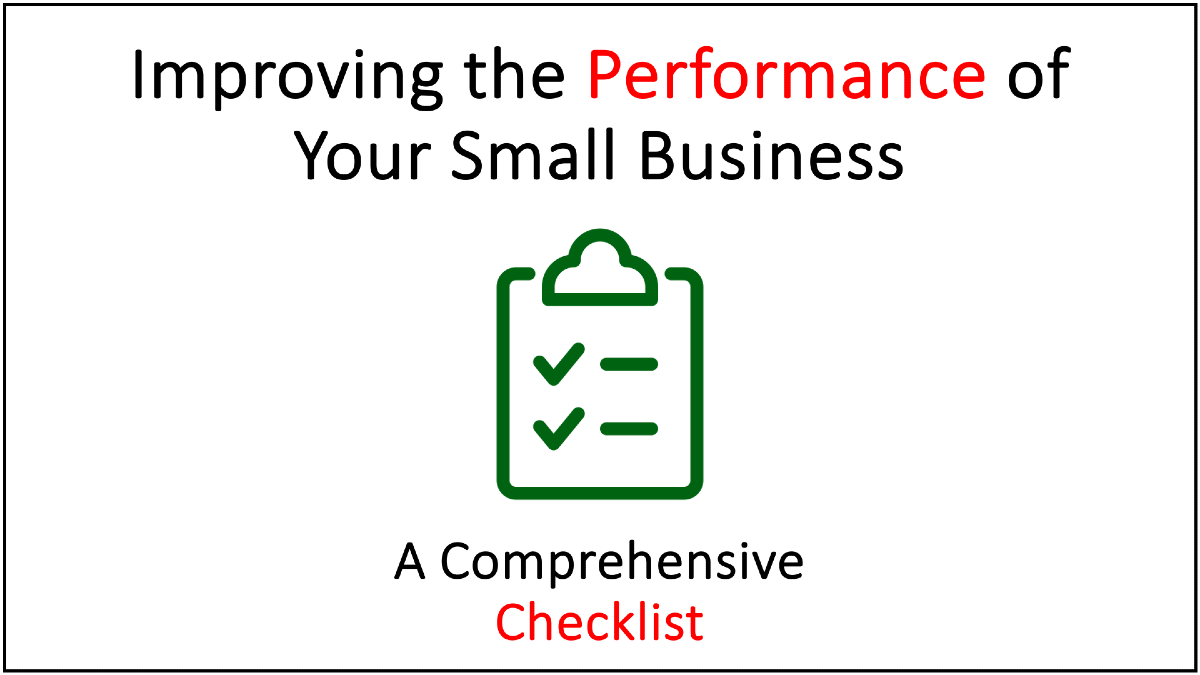Related YouTube video: https://youtu.be/3ILtvzo5P7I
Introduction
In my experience, companies usually have a few chronic issues that cause customers not to buy, and these are often blind spots.

I live in a house built in 1974. The sewer pipes are cast iron and have a lifespan of 50 years. We are at the point where our house and neighboring houses are having chronic blockages. I interviewed five vendors to do a pipe-ectomy (the proper name is "rerouting".) Only one company satisfied all the criteria I describe below.

One service I provide is to work with organizations trying to implement change internally and are flustered about the lack of progress. In these situations, I ask a question to make them realize they know more than they think. The question also uncovers possible sales problems in any business.
The question
Recall a shopping trip when you had an exceptional experience with a salesperson, when you received perhaps the best treatment ever. What were the traits of the salesperson who made the experience extraordinary?

Don’t look at the remainder of the article yet, just write down your answers.
Now compare your list with the following items:
- Was helpful.
- Understood my needs and priorities.
- Didn’t pressure me.
- Listened to my questions and gave me direct answers.
- Was knowledgeable about the product.
- Didn’t sell me a more expensive item than I needed—allowed the product to sell itself.
- Offered a trial to evaluate the product.
- Gave me a fair price and a good return policy.
- Replied to my questions in a timely manner.
- Provided excellent post-sale support.
These selling characteristics work because they focus on the customer’s agenda rather than that of the salesperson.
At its core, the list focuses on the needs of the customer and comprehends the Golden Rule – paraphrased as “Treat others as you would like to be treated.” The rule applies whether you are selling to practitioners, managers, marketing people, or end users.
When I buy from companies, I use the same list to select and reject them. In the case of the company I hired to fix my pipes, here is how they performed.
Good Practice | What Happened |
Was helpful. | The CEO visited the house twice to explain the options |
Understood my needs and priorities. | They took notes on our concerns related to making the yard look reasonable at the end. |
Didn’t pressure me. | Estimates were good for 90 days. |
Listened to my questions and gave me direct answers. | They finished in two weeks and did everything they said they would do. |
Was knowledgeable about the product. | Surveyed area with camera and pipe detector. |
Didn’t sell me a more expensive item than I needed—allowed the product to sell itself. | They sent 5 proposals. |
Offered a trial to evaluate the product. | Offered to talk to other customers. |
Gave me a fair price and a good return policy. | Their price was at the lower end of the range, and they offered a 10-year guarantee |
Replied to my questions in a timely manner. | They actually replied to all calls and emails. |
Provided excellent post-sale support. | Fixed buried sprinkler pipes |
My question to you
- Look at your company and any sales challenges.
- Ask the question and then compare your company to the criteria you wrote down.
- Is there anything you need to improve?
- Do you need to verify that what you believe is being done is actually being done?
Further reading
You might also like the online class (below) that covers many best practices for a small business.



